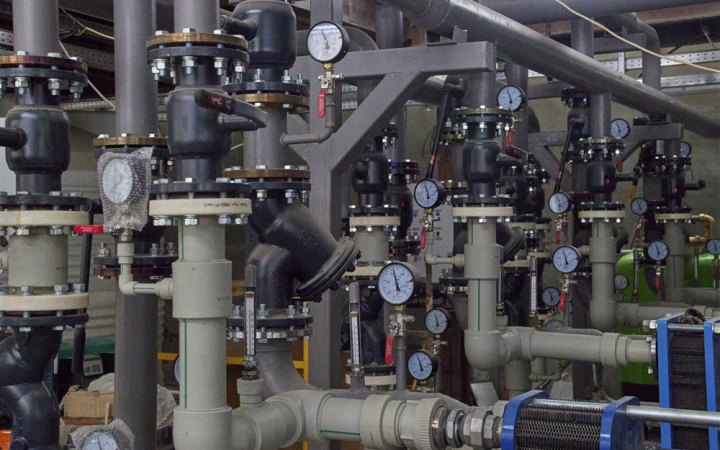Cities and winter: technically ready, but with money problems
The heating season in Kyiv is at risk of disruption. The mayor, who is also the chairman of the Association of Ukrainian Cities, made this loud statement. He also named the reason.
"The debt that the state has promised to repay for the second year in a row is currently UAH 6.8 billion to Kyiv. That is, local authorities have not raised tariffs for the population, while the cost of all their components has increased," Vitaliy Klitschko said.
At the same time, he assures that Kyiv has prepared for the winter: boiler houses have been inspected, pipes have been repaired, and house inspections have also taken place.
The risks for the heating season are serious. This is a statement from the association that unites Ukrainian heat suppliers. They explain that the situation is similar across the country.
"There are no funds for sufficient repairs and emergency stocks for the entire heating season. But the companies are still ready. As for the problems: if the government does not have the funds, let it be credited as payment for gas," said Arseniy Blashchuk, president of the Inter-sectoral Association for the Development of Heat Supply Systems, Ukrteplocomunenergo.
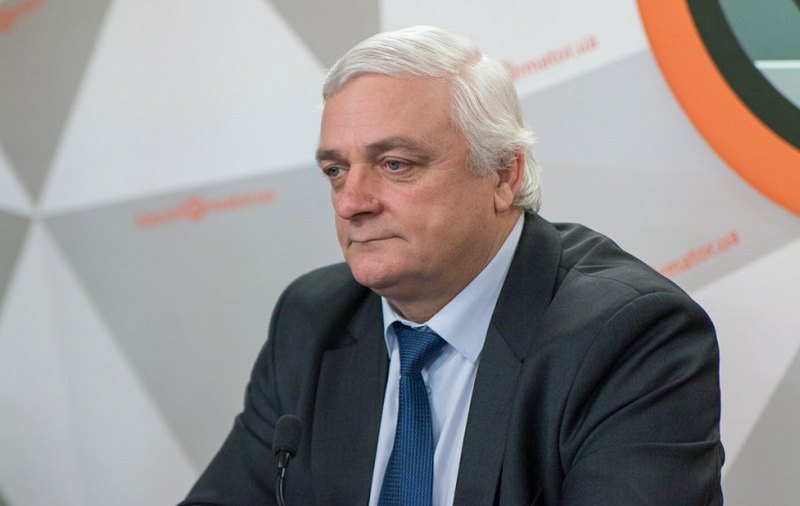
Naftogaz supplies fuel to the heating companies. Debts to the company have already reached a record high of almost UAH 100 million.
Where did the debts come from?
The amounts have been accumulating for years. Back in 2021, the government and local governments signed a special memorandum. In the document, communities promised not to raise tariffs for heat and hot water. Instead, the Cabinet of Ministers was to compensate for the difference between unprofitable tariffs and market rates.
"A special law was adopted last year. Local governments and district heating companies were offered certain compensations. The difference in tariffs at the end of the 2022/2023 heating season amounted to UAH 36 billion. In fact, the state did not fulfill its obligations under the law," said Oleh Harnyk, an expert at the Analytical Center of the Association of Ukrainian Cities.
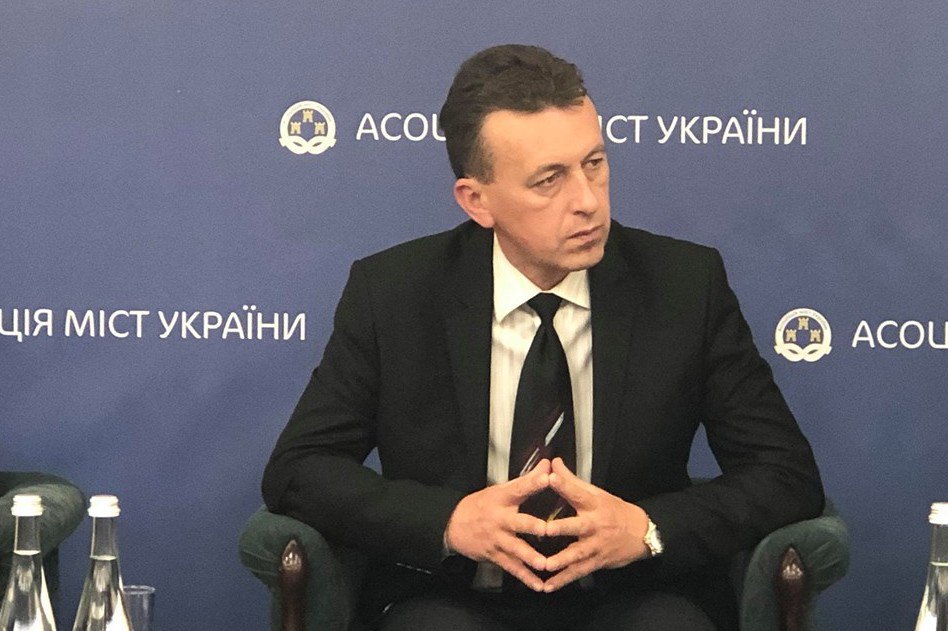
In the summer, the government developed amendments to the state budget. They promised to find funds to compensate for the difference in tariffs. Naftogaz was very happy about this. They said that a significant part of the amount would go to their budget. They expect to receive more than 33 billion. This is part of the debt of district heating companies for gas.
"This draft law brings us closer to fulfilling our obligations. This is especially important now, during the war, when enterprises are operating in extremely difficult conditions and the debt crisis is deepening. These factors jeopardise the security of supply and the sustainability of services to Ukrainians. Compensation for the difference in tariffs will help reduce these threats and make the industry more sustainable," said Oleksiy Chernyshov, CEO of Naftogaz Group.
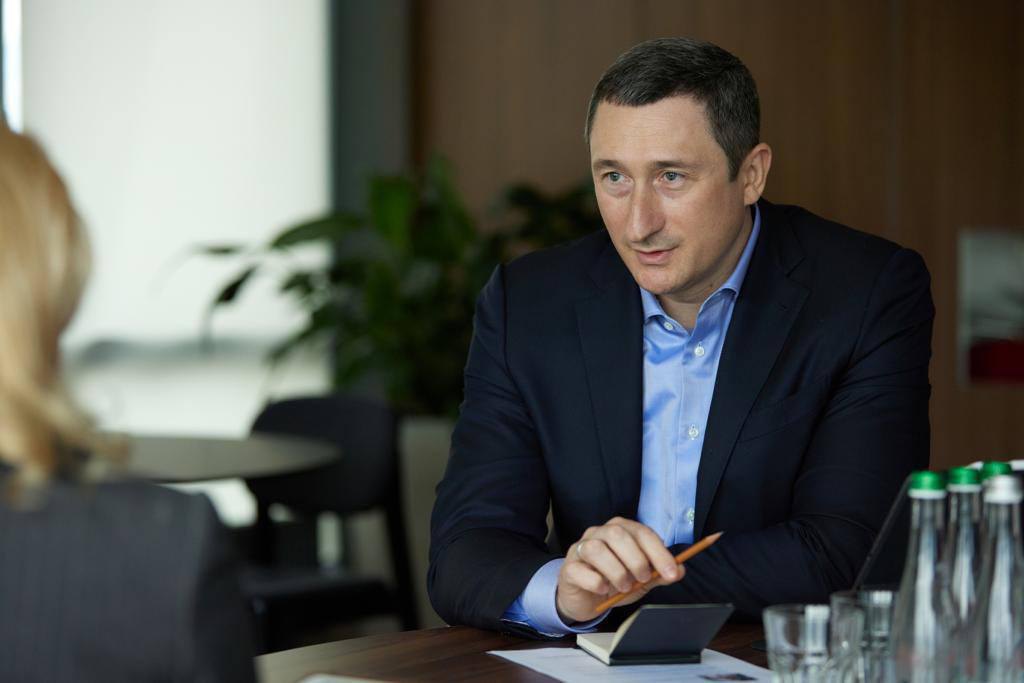
However, no amendments to the budget were adopted. The government limited itself to another statement: the price of gas, heat and hot water will remain unchanged until the end of the heating season.
Military personal income tax and communities: what does the heating season have to do with it?
Communities planned to cover the losses of heat suppliers, in particular, with revenues from personal income tax. Namely, from the salaries of military personnel. This was stated by the Association of Ukrainian Cities. However, the government decided to take this tax away from local governments.
"Personal income tax revenues are distributed in the proportion of 79% (local budgets) and 21% (state budget). The decision to temporarily redirect the resource received from the military personal income tax will allow not to spray budget funds on non-priority items during the war," the press service of the Ministry of Finance reported.
The government noted that the funds are planned to be used, in particular, for the production and purchase of drones, weapons and ammunition.
"At the same time, more than UAH 200 billion already accumulated on the accounts of local budgets and budgetary institutions will remain with local authorities. The state will provide basic and reverse subsidies to those communities that objectively lack funds," said Prime Minister of Ukraine Denys Shmyhal.
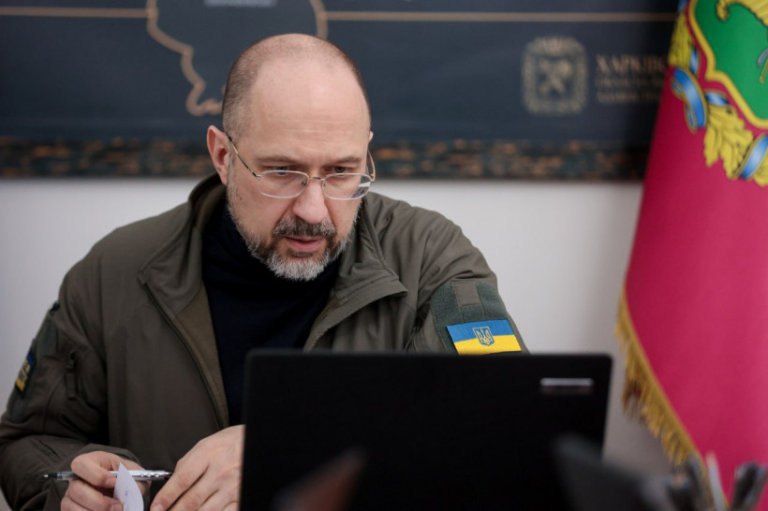
The Association of Ukrainian Cities strongly disagrees with the government's decision. They calculated that communities could lose up to UAH 100 billion.
"This actually destroys decentralisation. Funds should remain on the ground. I am in favor of strengthening responsibility for the distribution of these funds, for strengthening public control over the use of these funds. We need to limit the areas of use of funds. In particular, if it is a major overhaul of non-critical infrastructure, the ban should be approved by the Cabinet of Ministers," said Ilya Neskhodovskyy, Head of Analytical Department of the ANTS Network.
For example, in Mykolayiv, without taxes on military salaries, a catastrophe is predicted. The mayor noted that the city may lose half of its budget revenues next year.
"We have been surviving thanks to this, because business is not working. We are being created with conditions where we have no idea what to do," said Oleksandr Senkevych.
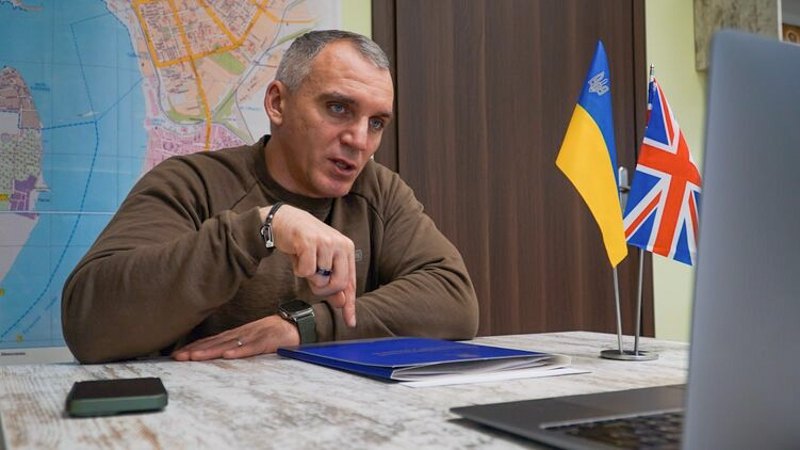
However, not all communities have taken a categorical position. For example, Lviv is ready to share funds with the state budget. Mayor Andriy Sadovyy explained: "This year, Lviv will receive approximately UAH 1.8 billion from personal income tax. Instead, we plan to spend more than UAH 2 billion to help our military. This includes funds that we transfer directly, as well as various equipment, machinery, drones, and vehicles that we buy and transfer to military units. Lviv's position is clear: the city cannot buy weapons. We are ready to transfer part of the personal income tax to the state to buy more weapons."
Tariffs will not be changed. For now
Ukraine has a moratorium on tariff increases until the end of martial law. We are talking about heat, gas and water. The cost of electricity was already raised in early summer. There were attempts to do the same with the water tariff. Despite the government's assurances that tariffs will remain unchanged, it seems that they are already preparing for the opposite.
"Price liberalisation: to allow prices to rise and at the same time balance the price increase with a subsidy. Yes, we are ready for this. We have already developed a digital mode. This will allow us to automatically notify those who are entitled to a subsidy proactively. The budget for 2024 provides UAH 50 billion for subsidies," said Oksana Zholnovych, Minister of Social Policy.
"Liberalisation of tariffs, i.e. raising them to market levels, is a requirement of the International Monetary Fund. It is not new. It has been prescribed in previous memorandums. However, so far Ukraine has not fulfilled this requirement. Now the IMF says it expects tariff reform after the war is over.
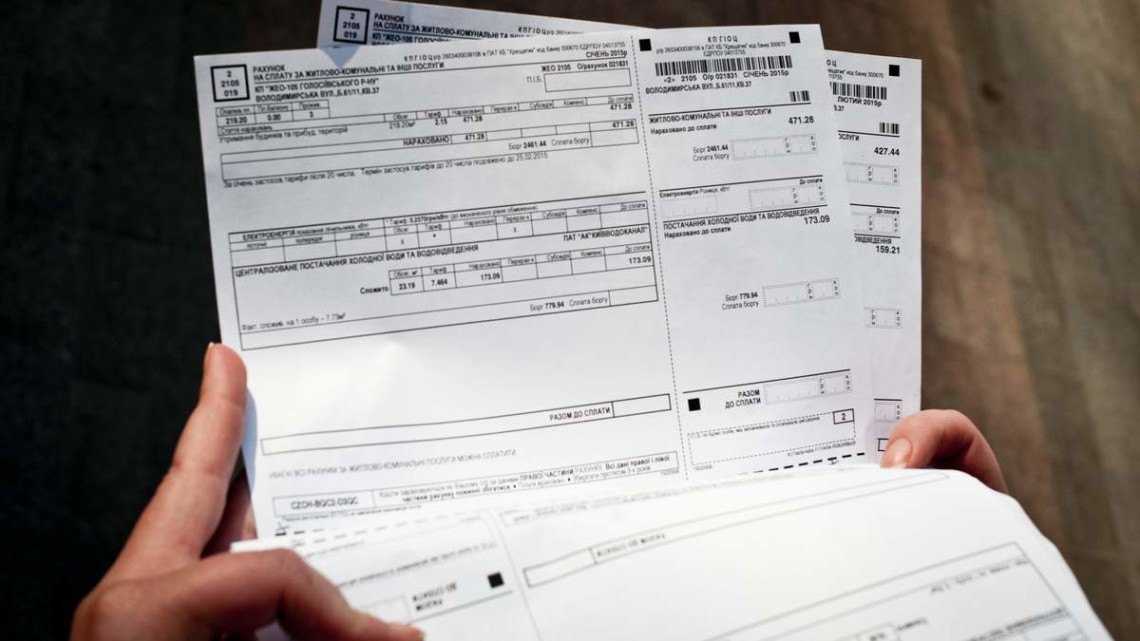
"More specifically, with a clear deadline, there is a similar item in the list of reforms that Ukraine must implement in order to receive financial assistance from the United States. The letter was prepared by President Biden's administration. And there is a clear deadline: within a year. Since the United States is the largest donor to the IMF, this is not surprising at all," said Oleh Pendzyn, economist and director of the Economic Discussion Club.
The Union of Consumers of Public Utilities has released indicative figures. If the tariffs for households are increased, electricity will cost 5-6 hryvnias per kilowatt. A cubic meter of gas will cost about 11-13 hryvnias. The price of hot water and heating will increase. Approximately by 30-50%, depending on the region.
It is unlikely that the government will increase tariffs at once. If it does, it will take place in several stages. After all, consumers already pay the full price. For example, last year, utility privileges and subsidies cost the state more than UAH 400 billion. The difference in tariffs is mostly covered by the revenues of state-owned energy companies.









